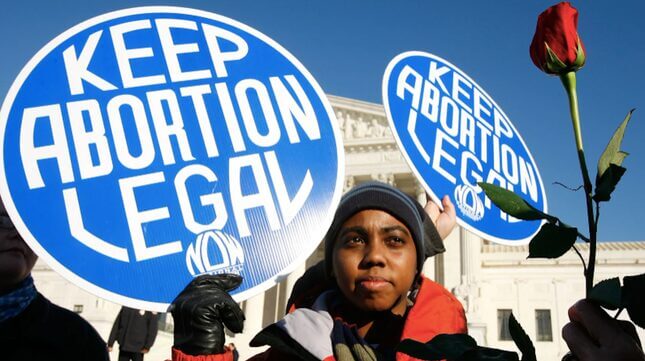

Two weeks ago, Tennessee passed a six-week abortion ban—one of the strictest in the country—as constituents slept. But in addition to being unconstitutional, the ban specifically targets people of color, writes Tina Vasquez in Prism.
Tennessee’s 60-page bill includes a “sex selective abortion ban,” meaning a doctor cannot provide an abortion if they suspect a patient is undergoing the procedure based on the sex of the fetus.
-

-

-

-

-

-

-

-

-

-

-

-

-

-

-

-

-

-

-

-

-

-

-

-

-

-

-

-

-

-

-

-

-

-

-

-

-

-

-

-








































